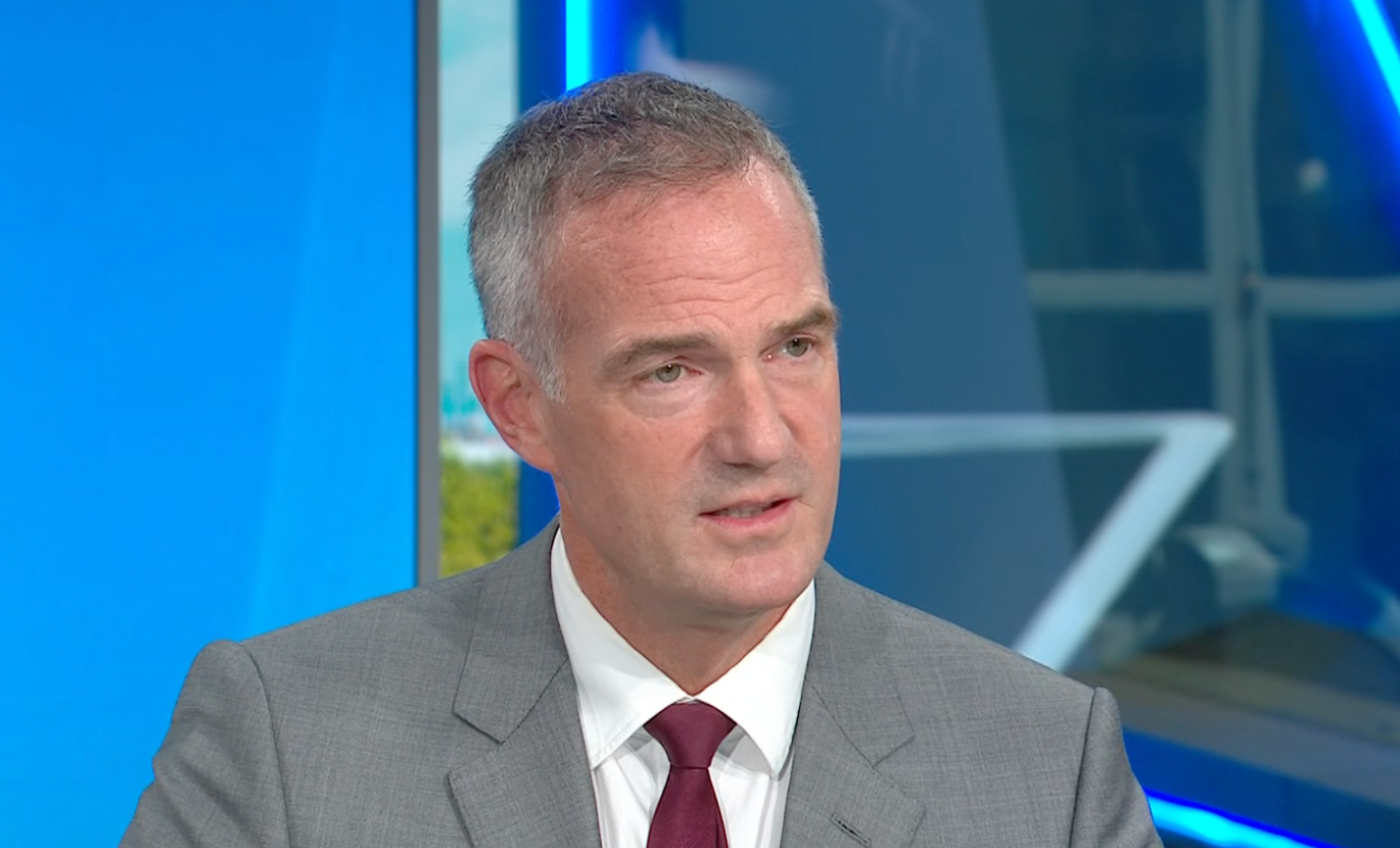Academy with 35,000 pupils becomes first in England to ban smartphones
‘There’s evidence that tells us that even if your phone is in the same room, it could be in your bag or pocket, your brain is leaking attention, still thinking about it,’ academy chain chief executive says

A national academy chain with 35,000 students has become the first in England to ban smartphones at its schools.
The Ormiston Academies Trust’s chief executive said the move was triggered by concerns about the link between the poor mental health of teenagers and using social media and mobile phones in general.
The national academy chain, which runs 44 state schools, has already started gradually banning phones, with eight secondary schools launching new rules this term and the rest to follow suit.
Tom Rees, the chain’s chief executive, said that the current rules in the majority of schools that enable students to have their phones with them fail to tackle the harm phones are having on pupils’ education and mental health.
“We are seeing huge and real concerns around mental health, post-pandemic. These are not just self-reported, we’re also seeing real concerns about self-harm, attempted suicide, A&E admissions – these are facts from across the world involving young people and adolescents,” Mr Rees told The Guardian.
“We’re seeing a clear correlation between that and mobile phone and social media use, in particular. Not all mobile phone use is equal and the relationship between that and adolescent mental health, we think, is overwhelming.”
He argued schools have a responsibility to make it more difficult for pupils to “access inappropriate content through the school day and restrict the draw of social media”.
Mr Rees explained that student phone access was already barred at Ormiston’s primary, special needs and alternative provision schools.
He said: “There’s evidence that tells us that even if your phone is in the same room, it could be in your bag or pocket, your brain is leaking attention, still thinking about it and being drawn to it, wondering if there has been a notification on it and what it might be.
“That is impacting young people’s ability to learn, to retain information, to concentrate, to focus. An increasing distraction is catastrophic for the process of learning, and that’s true both at school and at home.”
It comes as a minister suggested children in the UK could potentially be barred from using social media due to the damage it is inflicting on both their physical and mental health.
Technology secretary Peter Kyle pledged to take a close look at proposals being floated in Australia, where the government plans to introduce legislation stopping children from using social media networks like Facebook and Instagram.
Prime minister Anthony Albanese said a consultation would be conducted on an age limit of between 14 and 16 as social media was effectively extricating children from real-life experiences with loved ones.
Increasing numbers of parents are voicing concerns about social media usage among children – with bereaved families whose children’s deaths have been linked to the material they saw on the internet launching campaigns for reform.

Concerns have been raised that algorithms feed children damaging misogynistic content as well as material about violence, suicide, eating disorders and bullying.
It comes after recent research, exclusively shared with The Independent, found 95 per cent of young people polled have heard of Andrew Tate – a social media personality with links to key figures in the organised far-right and conspiracy theory circles.
Researchers at the leading anti-fascism charity Hope not Hate, who polled more than 2,000 people across the UK aged between 16 and 24, discovered 41 per cent of young men support Mr Tate, while just 12 per cent of young women do.
The Independent contacted Ormiston Academies Trust for comment.
Join our commenting forum
Join thought-provoking conversations, follow other Independent readers and see their replies
Comments
Bookmark popover
Removed from bookmarks